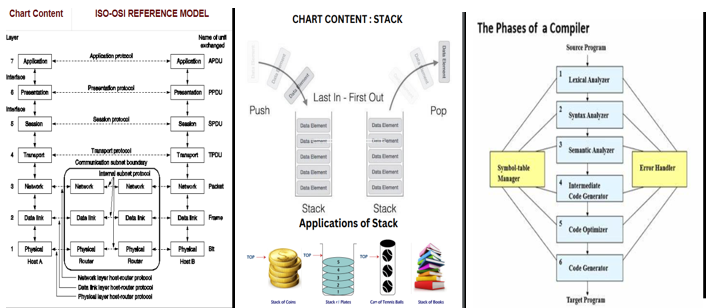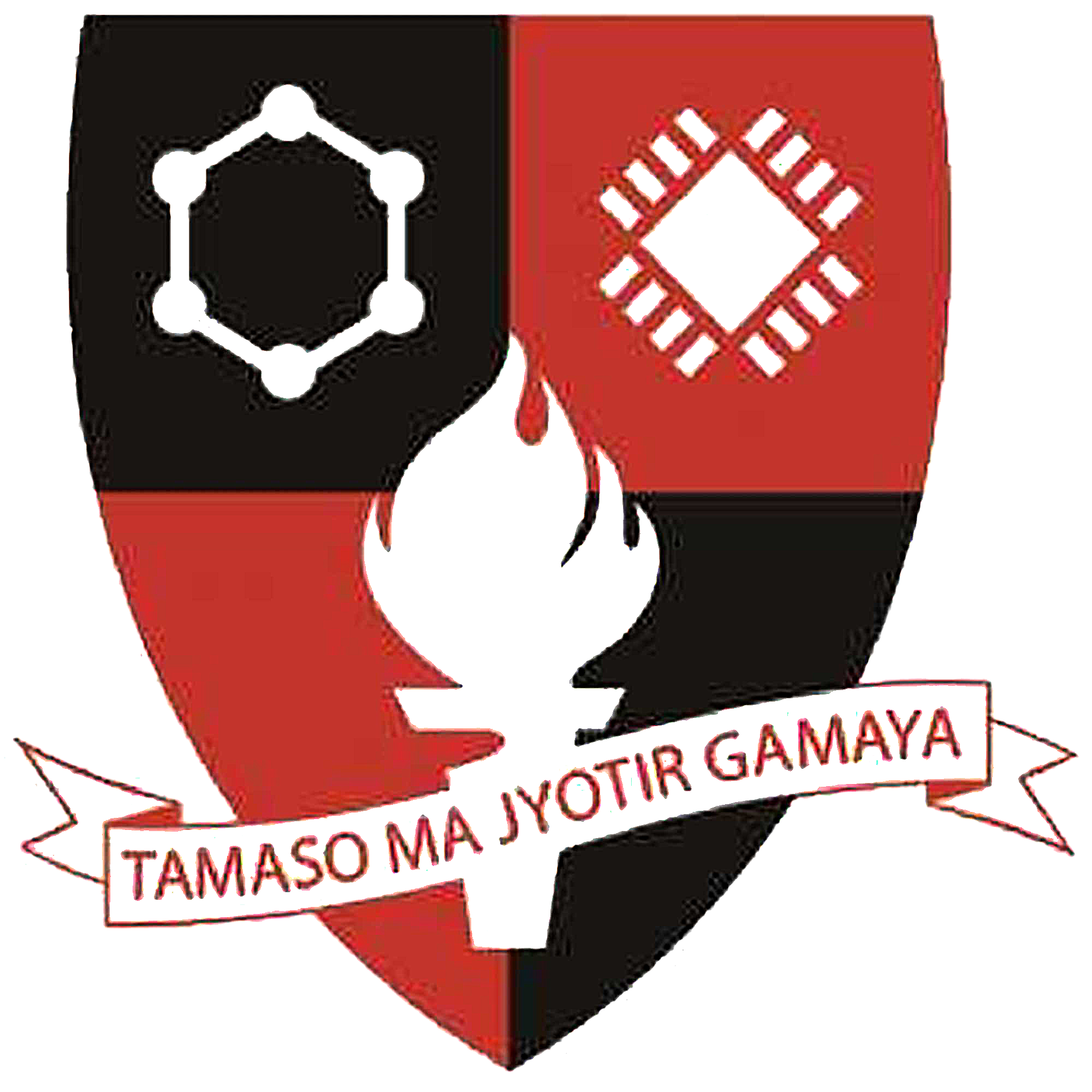Department : Computer Science and Engineering (NBA ACCREDITED) : Teaching Learning
Various innovative teaching strategies have been implemented by the faculty members in addition to the conventional classroom teaching. The strategies/methods by the faculties in teaching and learning shall be summarized under the five sections.
A. Innovations in Method/Delivery of Instructions
- Course Plan
- Assignment & Tutorial
- Smart board and ICT based classes / Lectures
- Laboratory manuals for laboratory courses
- Presentation guidelines and project guidelines for seminar and project courses
- Hands on delivery (Theory classes handled in Laboratories)
These instructional methods will be published at the beginning of each semester based on the Standard Operating Procedure (SOP) for Teaching and Learning Process.
Based on university calendar, college calendar is prepared for each semester.
- As per institute SOP, each semester is planned for 15 weeks.
B. Innovative Instructional Methods
- ICT enabled classrooms with LCD projectors, PPTs, PDFs, video lectures (NPTEL and other sources)
- Students are encouraged to take MOOC and NPTEL courses
- Google Classroom is used for file sharing between teachers and students
- End-of-semester revision timetable is provided
- Model question papers with answer keys for slow learners
Visualization of Classrooms
| Smart Classroom (ICT) |
Whiteboard Teaching |
 |
- Experimental learning through field trips (industrial visits and exhibitions)
Summary of Field Trips
| UST Global Services, Trivandrum |
SNIQSYS, Trivandrum |
ICFOSS, Trivandrum |
Visvesvaraya Museum, Bengaluru |
 |
 |
C. Innovations in Assessment and Evaluation
- Two internal assessments per semester; evaluated against course outcomes
- PAC scrutinizes question papers; immediate publication of key and paper post-assessment
- Assignments include NPTEL/SWAYAM questions
- Evaluation process completed and results published as per SOP
D. Inclusive Classroom Activities
- Hands-on Learning
- Video Lectures
- Chart Diagram
- Peer Teaching
Hands-on Learning
Real-world projects and experimental learning foster critical thinking and confidence.
| Database Lab |
Microprocessor Lab |
Digital Lab |
 |
Video Lectures
Lecture videos allow students to learn at their own pace with the ability to pause, rewind, or fast-forward.
| Details of video Lectures |
| Sl No |
Name of the Faculty |
Courses |
Website Link |
|
1
|
Mrs. Ancey Varghese
|
Soft Computing
|
Link
|
|
2
|
Mrs. Divya Susan Mathew
|
Web Technology
|
Link
|
|
3
|
Mrs. Divya Susan Mathew
|
Microprocessors and Microcontrollers
|
Link
|
|
4
|
Mrs. Divya Susan Mathew
|
Programming Paradigms
|
Link
|
|
5
|
Mrs. Ancey Varghese
|
Computer System Architecture
|
Link
|
|
6
|
Mrs. Divya Susan Mathew
|
Web Technology
|
Link
|
|
7
|
Mr. Nikhil V Mathew
|
Data Mining and Warehousing
|
Link
|
Chart Diagram
Helps students recall key concepts easily.

Peer Teaching
Encourages teamwork where fast learners help slow learners to understand concepts better.

E. Skill Development Activities
Skill-building beyond the curriculum with expert talks, internships, industrial visits, and guest lectures.
- Expert Talk
- Industrial Visit
- Internship
- Guest Lectures
Expert Talk
| (a) Software in Enterprises & CRM |
(b) Red Teaming & Open Source |
(c) Webinar on Edge Computing |
 |
Industrial Visit
Exposure to real industrial environments: FAB Lab, VSSC, Srishti, Sniqsys, HAL, etc.

Internship
| (a) Python & Machine Learning |
(b) Python Workshop |
(c) Android App Development |
 |
Guest Lecture
Expert insights on Smart Sustainability, Python Programming, and Human Rights.
| (a) Python Programming Workshop |
(b) Smart Sustainability Talk |
(c) Human Values & Rights Webinar |
 |












